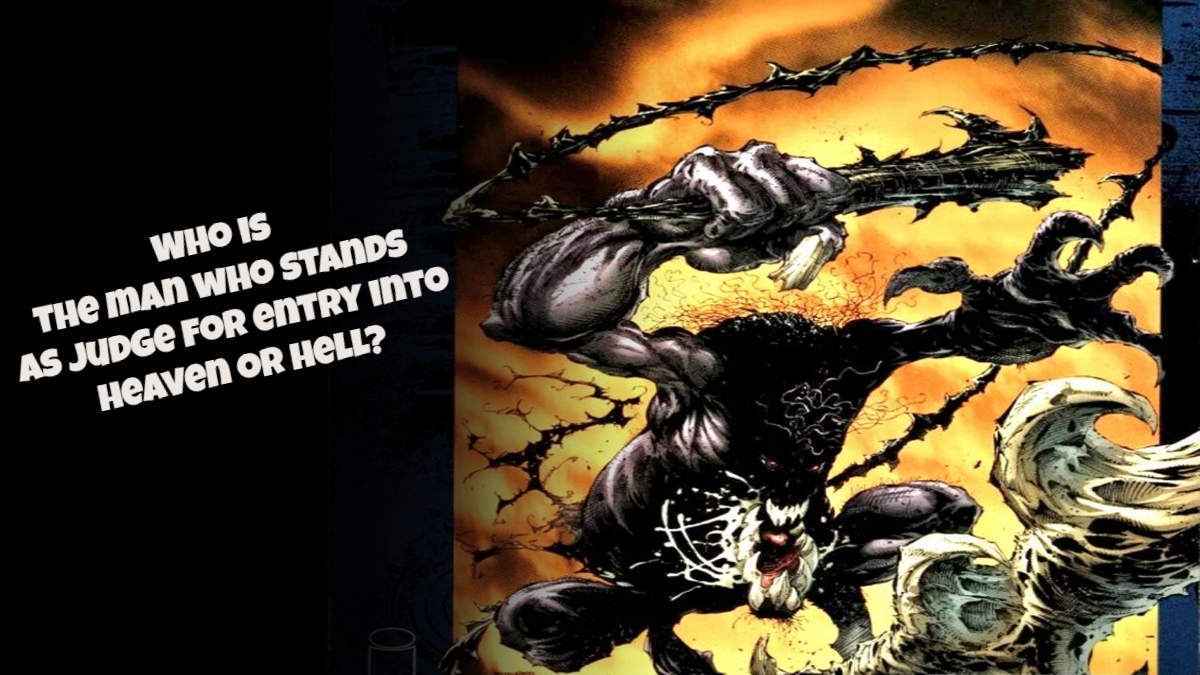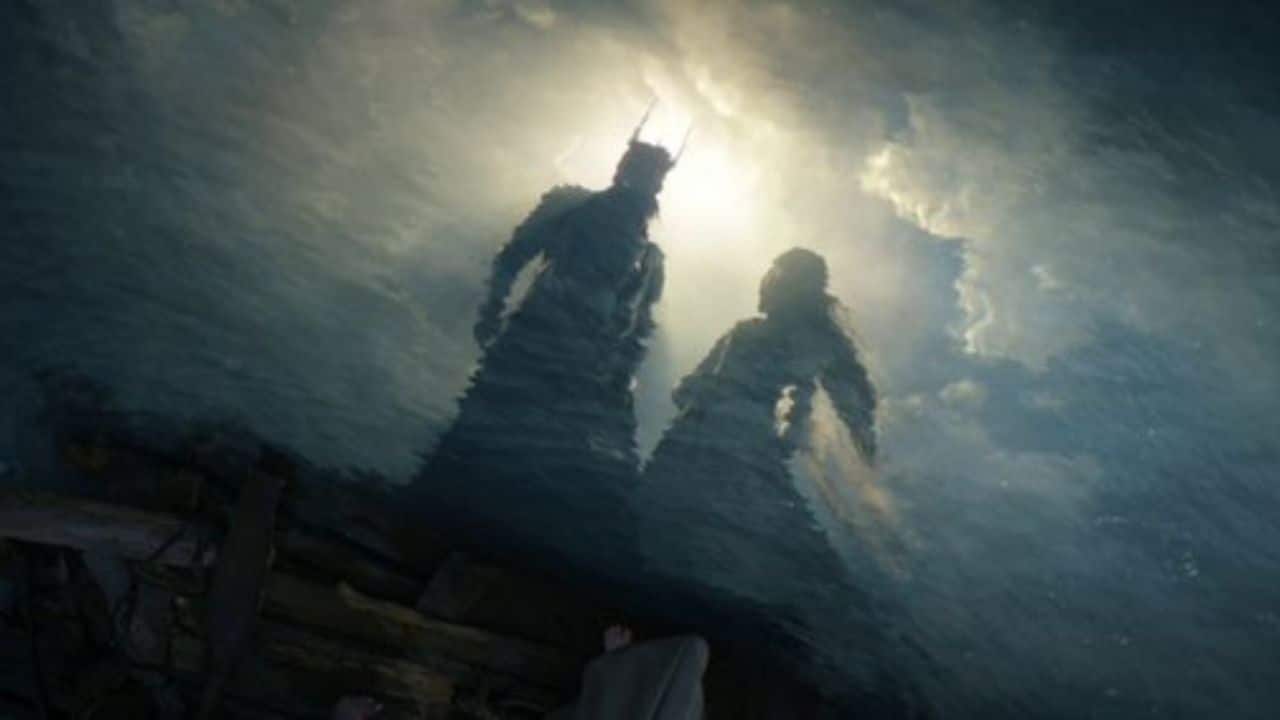![]()
Can an animated character win the Father of the Year Award?
Well, we should certainly give one to Mr. Ping from the KUNG FU PANDA series.
With KUNG FU PANDA 3 available today for Blu-ray, DVD and digital download, LRM secured a phone interview with actor James Hong, who voiced Po’s father Mr. Ping in the animated features and television series.
The film also stars Jack Black, Bryan Cranston, Dustin Hoffman, Angelina Jolie, J.K. Simmons, Jackie Chan, Seth Rogen, Lucy Liu, David Cross and David Cross.
In the third installment, the legendary Dragon Warrior Po must face a supernatural adversary while discovering the existence of his real father and people.
KUNG FU PANDA 3 is available today on Blu-ray, DVD and digital download.
Read the interview transcript below.
LRM Online: Tell me on how it feels to once again voice Mr. Ping for KUNG FU PANDA 3.
James Hong: Wonderful. I enjoyed every second of it. Actually, the whole journey for number three took about two and a half years. I would go into the studio every two months or every month. In other words, I didn’t go in every day. It was a long stretch affair, because they had to match the voices with the drawings. It just went on and on.
LRM Online: Wow! That’s a long time to develop Mr. Ping for just one movie.
James Hong: [Chuckles] Sure! Never thought of it that way. You just stand by—that’s all.
LRM Online: What do you think is the lure for Mr. Ping? He became one of the most beloved characters in the Kung Fu Panda series.
James Hong: Well, tell me on what you like about the character.
LRM Online: As a father figure, I would like my Asian dad to be more like him. [Laughter]
James Hong: How many kids do you have? Do you have kids yourself, too?
LRM Online: No, I don’t have any kids. I would love to be a supportive father like the character someday.
James Hong: In a way, you’re the kind of person that Mr. Ping is. He is a person who minds his own business and then finds a bear in a basket. Mr. Ping, in an essence, is not a so-called father. He’s a beloved person who took somebody in and that person became a wonderful son who he always endeared. He took care of him; gave him radishes; fed him well; and he ended up becoming a big child. [Chuckles]
![]()
LRM Online: Was it more enjoyable to do this film since Mr. Ping had such a much more expanded role than the previous movies?
James Hong: In number three, he does have a much bigger role. In fact, the roles was even bigger, but it was cut due to the length of the movie was too long. They had to cut some of the portions out. Otherwise, audiences would’ve had seen more of Mr. Ping and the other panda father. They were at odds at each other before they had to get to the village. They were both fighting for the attention of Po during the journey heading to the village.
As it was, it still came across pretty well. Do you think the relationship was there?
LRM Online: Yeah. I definitely do think the relationship was there. I always enjoyed Mr. Ping.
James Hong: Good, good. Anyways, the beginning part [of the movie] was more with Mr. Ping. However, towards the latter parts of the movie after they arrived in the village—he didn’t have too much to do. There were other important changes in the village. Remember that he still have [an important role] to give the bears all those noodles and dumplings. He ended falling in love with the village’s children. That was a good thing. I think we could’ve had more Mr. Ping in the movie. [Chuckles]
LRM Online: How relatable is Mr. Ping to you in terms of fatherhood?
James Hong: Well, I am a father. I have many children and now grandchildren. And now I’m a great grandfather. [Laughter]
LRM Online: Wow.
James Hong: I love seeing my own children grow up. Then they married and now they have kids. In that sense, I’m a perfect fit for Mr. Ping. Po is his only child, but eventually adopted all those other kids in the village. In that essence, it was like Mr. Ping and James Hong is the same person.
LRM Online: Most voice actors change their voices drastically or not at all. How did you come to develop Mr. Ping’s voice?
James Hong: Y’know, it’s funny—isn’t it? I just looked at the character and saw some action of the goosespreading his wings or waddling through the scenes. The [character] just began to grow on me and I came up this voice for him. I just don’t know. I just said that “this is the kind of voice that will fit this character.â€
They adopted it right away. They liked it. Now it’s the famous voice for Mr. Ping.
I don’t really know how to tell you on how it really came about. It’s just that I had the feeling for the character, walk like the character—and boom! The voice comes out. It just becomes that character.
LRM Online: Obviously, you voiced Mr. Ping several times in the past several years. How do you keep your voice consistent then?
James Hong: Yes, that’s a good question. I go to Dreamworks and ask them to play me the previous sessions of on what Mr. Ping said. And I also ask them to play me the picture of what they had for Mr. Ping. A lot of times the director Jen Yu would come with a little iPad or some kind of digital device. She would run through the scene and playback the previous session. She makes sure that I match up with that voice.
If I’m slightly a bit off, then the director tells me. It could be that I’m too high or I’m too low. Or don’t forget this or don’t forget that. It eventually matches.
The thing I’m always worried about is in the sense—am I acting appropriately in tuned with the other actors? They are not in the scenes with me or not in the booth. I only see everything after it’s finished.
LRM Online: So do you voice by yourself the entire time or do you sometimes voice with the other actors?
James Hong: Well, I have to say that in the Kung Fu Panda TV or features—I’ve never been in the same room with the other actors in scene as written. It’s always a lonesome dubbing scene by myself and my headset. The only persons in front of me are the director and the engineer in the other room. In the same room or the scenes, I’m never in the same room with the other actors.
That’s the story. You just have to recreate everything in that little room by yourself. The scene, the scenery, the background, the actors and how they would react. Of course, the director will tell you since they’ve seen the vision of the movie as it was created with the other characters.
![]()
LRM Online: Absolutely. Do you enjoy voice acting better than live acting?
James Hong: Both have their absolutes. Acting with the other actors will give you that fulfillment of interacting with each other. It gives you that whole feeling. It let you exercise the Stanislavski method than any other method I’ve learned through my years. I’ve used all those techniques in the reacting and acting in the scenes.
Whereas in the voiceover—you’re alone. You don’t get to react with the other characters. You don’t get to see the scenery and react to it. It has to be in your being. You have to reinvent that scene in your mind. Somehow, in a sense, you have to act within yourself and then project it out.
In a live-action, you’re just reacting to everything that is happening around you. You have to feed upon a different element in voice acting.
LRM Online: This year is a special year for Asian-American actors. Many Asians are crying out for more due to their limited roles. You have been acting for many decades now. What do you think about all these limited roles for Asian-Americans, particularly you are one of the few Asian voice actors in KUNG FU PANDA 3?
James Hong: You’re right. I’ve been battling that portion of the industry that you’ve just asked ever since I’ve started this career. I’m formed groups like the Association of Asian/Pacific American Artists. We are trying to advocate for more roles and repair images of Asians. It really hadn’t happened that much. The progress had been very slow.
Now there are some leading roles for actors in TV like in ELEMENTARY or Jackie Chan. Other than that, there are still very few roles that will amount to anything. Most of the roles tend to be small gimmick roles, spoken or unspoken roles. They write Asian characters into something, because maybe it stimulates the funny bone. A lot of times the principal roles are not given to the Asian actors.
It’s frustrating. We keep fighting. The reason I’ve been able to transcend all that, because I do my best in the auditions. I always play the role by putting James Hong into it. I try to put my sense of humor into it like in Lo Pan or SEINFELD. It’s not written in the script. With the James Hong feeling, people just get into the role when it’s not there. So when they produce it or director, they responded with “Yes, yes, yes. That’s it.â€
So we have to push that we are principle people with principle skills and feelings. We should be portrayed like that on the screen. It’s been a long and strenuous battle.
LRM Online: Last question and I’ll make this a fun one. I’ve seen you a couple of times at fan conventions before. You’re always dancing with a fan. Do you enjoy dancing that much?
James Hong: I enjoy interacting with the fans. The dancing fills in the part to get them loose and get me loose. It seems to work, right? You were there. What was the reaction like?
LRM Online: Everybody loves it! [Laughter]
James Hong: [Laughter] Dancing just seems like it gets people going. The fans become a part of me and part of the show. They tell me this is the thing they love the most. It gives me a good feeling rather than just signing autographs and telling them goodbye. I’m part of them and they are part of me. It is what makes me so-called an actor. I am at their service. I do the roles they give me. They tell the studios on what they really like. I simply exercise my talent.
I love it! I love dancing with the fans. [Laughter]
LRM Online: I love it too. Anyways, thank you for this conversation. It’s been a pleasure speaking with you, Mr. James Hong.
James Hong: Thank you, Gig. Thank you. See you soon at the next convention.
KUNG FU PANDA 3 is currently available on Blu-ray, DVD and digital download today.





